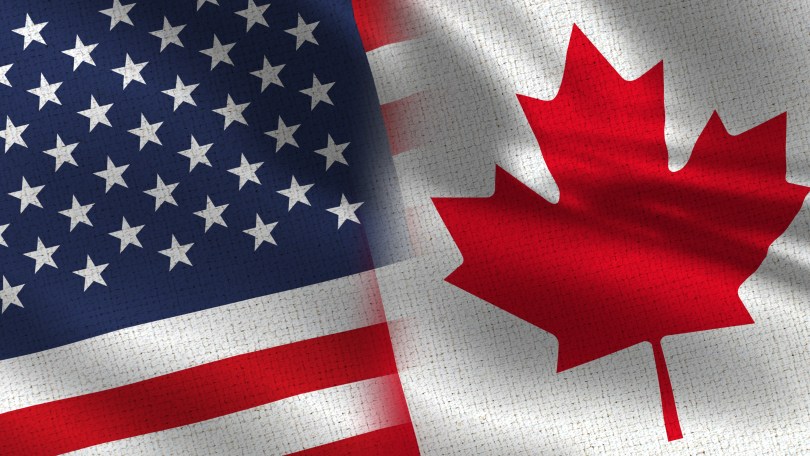U.S. Pot Earnings Shine as Canada Struggles

The top U.S. cannabis companies are notably outperforming their struggling Canadian counterparts, yet valuations are still held back by their inability to list on the big American exchanges.
The divergence was well illustrated by two large companies that reported earnings Thursday night.
Green Thumb Industries Inc. became the first U.S. pot company to generate revenue above $100 million and beat Ebitda expectations for the fifth consecutive quarter. Shares climbed 17% Friday. Meanwhile, Canada’s Aurora Cannabis Inc., which is struggling to turn a profit before it runs out of cash, said it is on track to meet previously disclosed cost-cutting targets. Shares skyrocketed 54%.
“I think this is an inflection point where the U.S. market is becoming the dominant market in the global marijuana space,” said Mark Noble, executive vice president of strategy at Horizons ETFs Management Inc., which offers exchange-traded funds that track both the Canadian and U.S. pot sectors. “I think the only thing that’s really keeping these stocks from overtaking the Canadian LPs is the fact that they’re not listed on the U.S. stock market.”
While the New York Stock Exchange and the Nasdaq have listed Canadian cannabis companies like Aurora and Canopy Growth Corp., they prohibit any company with marijuana operations in the U.S. since the drug is still illegal under federal law. The Toronto Stock Exchange won’t list them either, leaving them to smaller bourses like the Canadian Securities Exchange. This means a smaller investors base and therefore lower valuations on average.
To be sure, the U.S. sector has actually outperformed the Canadian sector since the market’s pandemic-related low on March 18. Since then, the Horizons US Marijuana Index ETF has gained 94% while the Horizons Marijuana Life Sciences Index ETF, which tracks mainly Canadian companies, has added 38%.
“For people putting new money into the marijuana market, it’s going into these stocks rather than the existing, legacy LPs from Canada,” Noble said. “It’s a startling divergence, in my opinion.”
While U.S. stocks have been bolstered by most states’ decision to declare marijuana an essential service during lockdowns, Canadian companies have struggled with an already-slow retail rollout in major provinces like Ontario, which has slowed even further because of the pandemic. Total store count in Canada grew just 1.4% in April, according to Cowen analyst Vivien Azer.
“Regardless of progress on cost cutting, if Ontario stores do not start opening in the somewhat near future, industry revenues will not reach the levels required for most firms to reach profitability, and we believe Aurora is no different,” CIBC analyst John Zamparo said in a note.
More clarity on the health of the U.S. cannabis industry will come this week with earnings from major players including Curaleaf Holdings Inc., Trulieve Cannabis Corp. and Harvest Health & Recreation Inc.
420 Intel is Your Source for Marijuana News
420 Intel Canada is your leading news source for the Canadian cannabis industry. Get the latest updates on Canadian cannabis stocks and developments on how Canada continues to be a major player in the worldwide recreational and medical cannabis industry.
420 Intel Canada is the Canadian Industry news outlet that will keep you updated on how these Canadian developments in recreational and medical marijuana will impact the country and the world. Our commitment is to bring you the most important cannabis news stories from across Canada every day of the week.
Marijuana industry news is a constant endeavor with new developments each day. For marijuana news across the True North, 420 Intel Canada promises to bring you quality, Canadian, cannabis industry news.
You can get 420 Intel news delivered directly to your inbox by signing up for our daily marijuana news, ensuring you’re always kept up to date on the ever-changing cannabis industry. To stay even better informed about marijuana legalization news follow us on Twitter, Facebook and LinkedIn.




